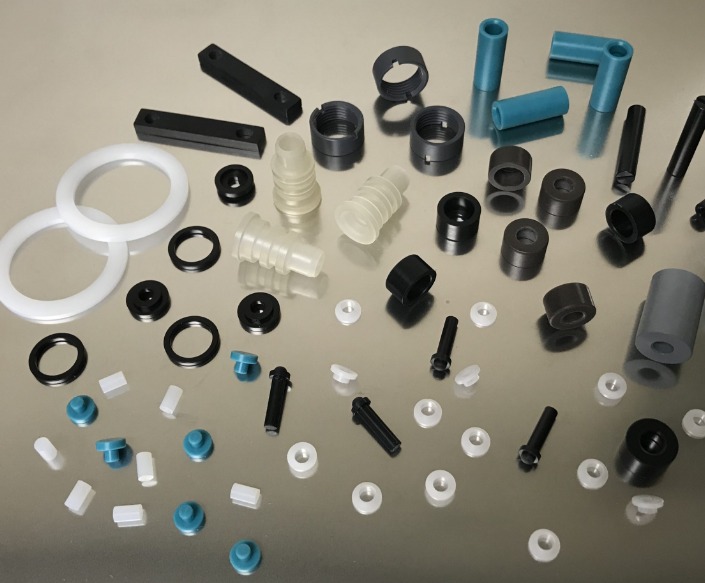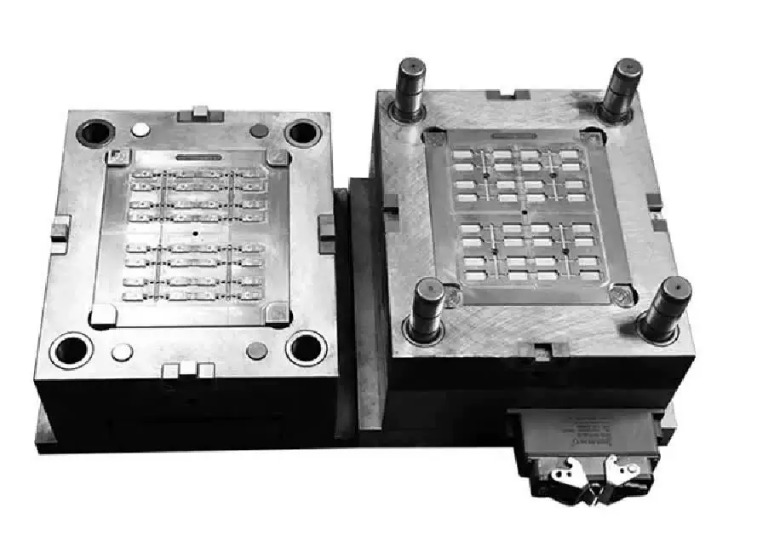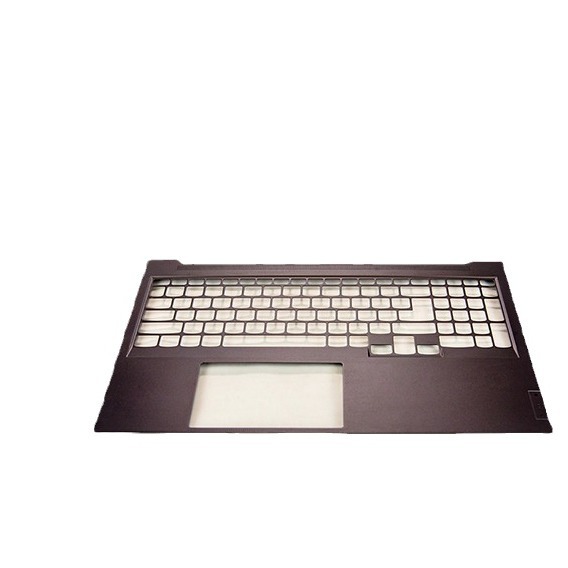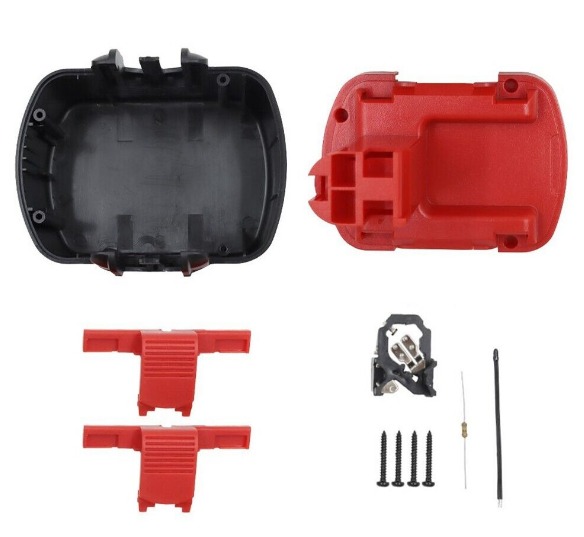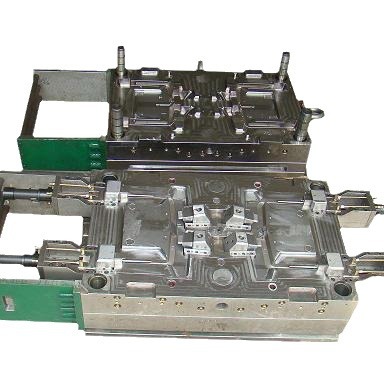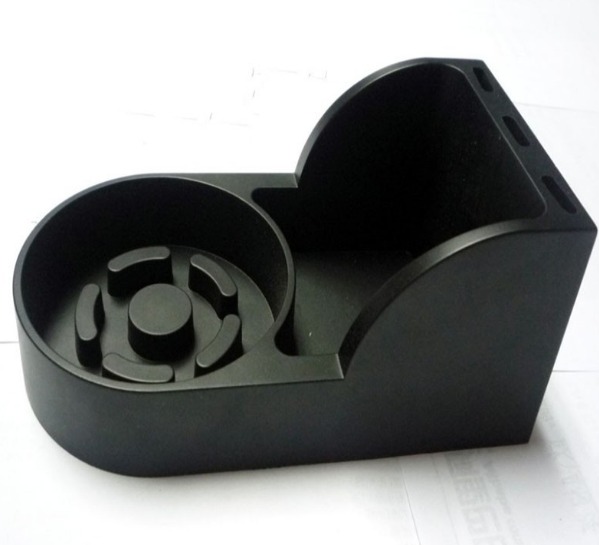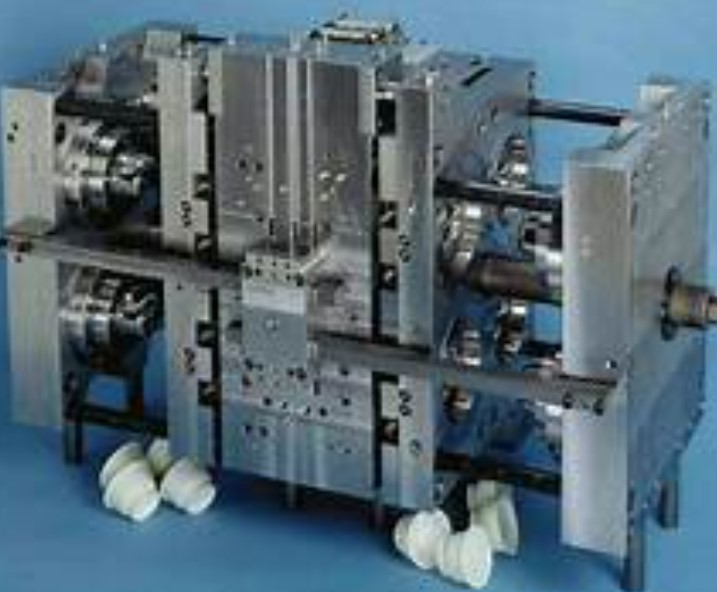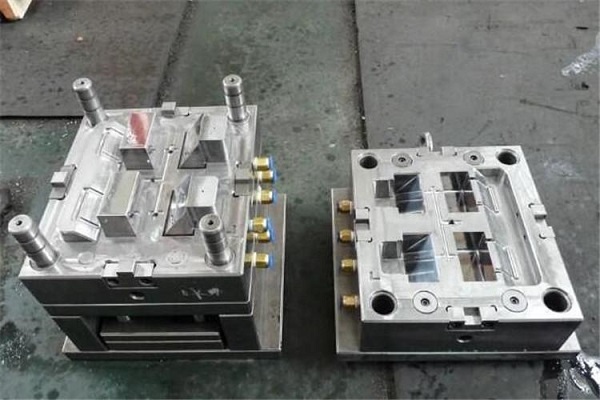Introduction
In the realm of plastic product manufacturing, choosing a reliable plastic mold factory is of utmost importance. The quality of plastic molds directly impacts the quality, cost, and production efficiency of the final plastic products. A sub - par plastic mold can lead to defective products, increased production costs due to frequent mold repairs or replacements, and delays in production schedules. On the contrary, a high - quality mold from a reliable factory ensures consistent product quality, longer mold lifespan, and efficient production processes. This article will guide you through the key factors to consider when selecting a plastic mold factory, helping you make an informed decision and avoid potential pitfalls.
Production Capacity and Equipment
Capacity Assessment
The production capacity of a plastic mold factory is a crucial factor to consider, especially if you have large - scale or time - sensitive orders. To assess a factory's production capacity, you first need to have a clear understanding of your own order volume and production schedule. For example, if you plan to produce 10,000 plastic parts per month, you need to ensure that the plastic mold factory can meet this demand.
Here is a comparison of the production capacities of different - scale plastic mold factories:
| Factory Scale | Monthly Mold Production Capacity | Monthly Plastic Part Production Capacity (Estimated) |
| Small - scale | 5 - 10 simple molds | 1,000 - 5,000 parts |
| Medium - scale | 10 - 30 medium - complexity molds | 5,000 - 20,000 parts |
| Large - scale | 30+ high - complexity molds | 20,000+ parts |
It's important to note that these are approximate figures, and the actual production capacity may vary depending on factors such as the type of molds, the complexity of plastic parts, and the production technology used. When evaluating a factory's capacity, ask for their production records and case studies of similar projects. This can give you a more accurate picture of their ability to handle your orders.
Advanced Equipment
Advanced equipment is the foundation of high - quality plastic mold manufacturing. High - precision processing centers, such as five - axis machining centers, can achieve complex shapes and high - accuracy machining. For example, a five - axis machining center can simultaneously control the movement of five axes (usually three linear axes and two rotational axes), allowing for the machining of parts with complex geometries in a single setup. This reduces the need for multiple setups and improves the accuracy and surface quality of the mold.
The working principle of a five - axis machining center is as follows: the workpiece is fixed on the worktable, and the cutting tool is installed on the spindle. Through the coordinated movement of the linear axes (X, Y, Z) and rotational axes (A, B or C), the cutting tool can reach any position and angle relative to the workpiece, enabling the machining of complex surfaces such as curved surfaces, inclined holes, and grooves.
Another important piece of equipment in a plastic mold factory is the injection molding machine. High - performance injection molding machines can ensure stable injection pressure, accurate metering of plastic materials, and fast cycle times. For instance, a modern injection molding machine with servo - motor drive technology can achieve precise control of the injection speed and pressure, resulting in more consistent plastic parts with fewer defects.
**
In an injection molding machine, the plastic pellets are first fed into the hopper and then conveyed to the heating barrel. Inside the heating barrel, the plastic is melted by the heater and shear heat generated by the screw rotation. The molten plastic is then injected into the mold cavity under high pressure through the nozzle. After cooling and solidifying, the plastic part takes the shape of the mold cavity, and the mold is opened to eject the finished part. Factories equipped with such advanced equipment are more likely to produce high - quality plastic molds and parts that meet your requirements.
Quality Control System
Standards and Certifications
A reliable plastic mold factory should have a robust quality control system, which often includes adherence to international quality standards and relevant certifications. One of the most well - known and widely recognized quality management system standards is ISO 9001. ISO 9001 is an international standard developed by the International Organization for Standardization (ISO). It provides a framework for quality management systems, covering aspects such as customer focus, leadership, involvement of people, process approach, improvement, evidence - based decision - making, and relationship management.
Factories that have obtained ISO 9001 certification demonstrate their commitment to quality. This certification ensures that the factory has established procedures for every stage of the production process, from raw material procurement to product delivery. For example, in the procurement process, an ISO 9001 - compliant factory will have strict supplier evaluation and selection criteria. They will only work with suppliers who can provide high - quality raw materials that meet the required specifications. This helps to ensure that the plastic molds produced are of consistent quality. According to a study by a leading quality management research firm, companies with ISO 9001 certification are 30% more likely to meet or exceed customer quality requirements compared to non - certified companies.
In addition to ISO 9001, some plastic mold factories may also hold other industry - specific certifications. For instance, in the automotive industry, a plastic mold factory supplying parts to automotive manufacturers may need to obtain IATF 16949 certification. This standard is specifically designed for the automotive production and relevant service part organizations, emphasizing on quality management in automotive - related processes, including the design, development, production, installation, and service of automotive - related products.
Inspection Processes
A comprehensive inspection process is an integral part of a quality control system. It starts from the raw material stage. When raw materials, such as plastic resins, arrive at the factory, they are subject to strict inspection. The inspection usually includes a visual check for any signs of contamination, color variations, or physical defects. For example, if the plastic resin pellets are discolored or have foreign particles, they are likely to affect the quality of the final plastic mold. In addition to visual inspection, a certain percentage (usually around 10% - 20% depending on the supplier's track record and the criticality of the material) of the raw material batch is sampled for laboratory testing. Laboratory tests may include melting point analysis, density measurement, and viscosity testing to ensure that the material properties meet the required standards. Specialized tools like a differential scanning calorimeter (DSC) are used to accurately measure the melting point of the plastic resin.
During the mold manufacturing process, there are multiple in - process inspections. For example, after each machining operation, such as milling, drilling, or turning, the semi - finished mold parts are inspected for dimensional accuracy. The inspection is carried out using precision measuring tools. A common tool is the coordinate measuring machine (CMM), which can measure the coordinates of points on a workpiece with high accuracy, typically up to ±0.001mm. CMMs can be used to measure complex shapes and ensure that the mold parts are within the specified tolerance range. The inspection frequency for in - process parts depends on the complexity of the operation and the historical defect rate. For high - precision operations, the inspection may be carried out for every part, while for less critical operations, a sampling inspection of 10 - 30% of the parts may be sufficient.
Once the plastic mold is assembled, a final inspection is conducted. This includes a comprehensive visual inspection to check for any surface defects, such as scratches, dents, or uneven surfaces. The mold's functionality is also tested. For example, if the mold is an injection mold, it will be tested on an injection molding machine to ensure that the plastic parts produced meet the required quality standards. The test runs may produce 5 - 10 sample parts, and these parts are then inspected for dimensions, surface finish, and any potential defects like warping, shrinkage, or flash.
Customization Capabilities
Design Support
When choosing a plastic mold factory, design support is a crucial aspect. A reliable factory should not only be able to produce molds according to your provided design but also offer valuable design suggestions and optimize the design to improve the functionality, manufacturability, and cost - effectiveness of the final product.
For example, a client wanted to produce a plastic housing for a consumer electronics device. The initial design had a complex internal structure that made the mold manufacturing process extremely difficult and costly. The plastic mold factory's design team analyzed the design and proposed several modifications. They simplified some of the internal features by using snap - fit mechanisms instead of complex screw - based assemblies, which not only reduced the number of parts but also made the mold easier to manufacture. This optimization not only cut down the mold production cost by about 20% but also improved the assembly efficiency of the final product.
A good plastic mold factory usually has a team of experienced designers who are proficient in CAD (Computer - Aided Design) and CAE (Computer - Aided Engineering) software. CAD software allows them to create detailed 2D and 3D models of the mold, which can be easily modified and visualized. CAE software, on the other hand, can simulate the plastic injection molding process, predicting potential issues such as weld lines, air traps, and warping in the design stage. By using these tools, the factory can provide more accurate design advice and make the necessary design optimizations before the actual mold manufacturing begins.
Meeting Special Requirements
In many cases, customers may have special requirements for plastic molds, such as the use of special materials or the production of molds with complex structures. A reliable plastic mold factory should have the technical strength to meet these demands.
Special Materials: Some applications require the use of special plastic materials with unique properties. For instance, in the medical device industry, biocompatible plastics like polyetheretherketone (PEEK) are often used. PEEK has excellent chemical resistance, high - temperature stability, and biocompatibility, but it is also more difficult to process compared to common plastics like polyethylene (PE). A professional plastic mold factory should have the experience and equipment to handle such special materials. They need to adjust the processing parameters, such as injection temperature, pressure, and cooling time, to ensure the proper molding of PEEK materials.
Complex Structures: Molds with complex structures pose a great challenge to the manufacturing process. Take an injection mold with internal moving parts or undercuts as an example. These complex structures require advanced mold - making techniques, such as the use of slide cores, lifters, and hot runner systems. Slide cores are used to create side holes or cavities in the plastic part. Lifters can be used to form undercut features that cannot be removed from the mold in a straight - line motion. A hot runner system, on the other hand, helps to reduce material waste and improve the quality of plastic parts by keeping the plastic melt in a molten state during the injection process. Factories that can successfully produce molds with such complex structures demonstrate their high - level technical capabilities.
Yigu Technology's View
As a non - standard plastic metal products custom Supplier, Yigu Technology emphasizes that when choosing a plastic mold factory, it's essential to focus on its innovation capabilities and the application of new technologies. In today's rapidly evolving market, innovation is the key to keeping products competitive. A factory that can quickly adopt new materials, such as biodegradable plastics to meet environmental protection requirements, shows its forward - looking thinking. Additionally, the use of emerging technologies like 3D printing in mold prototyping can significantly shorten the development cycle. By leveraging these innovative aspects, the plastic mold factory can ensure that the products are in line with market trends and meet the ever - changing needs of customers.
FAQ
What is the most important factor when choosing a plastic mold factory?
The most important factors are reputation and quality control. A factory with a good reputation has likely built it over time by consistently delivering high - quality products and services. Quality control ensures that the plastic molds meet the required standards. Defective molds can lead to costly rework, production delays, and poor - quality final products. For example, a mold with incorrect dimensions can result in plastic parts that don't fit together properly, causing the entire production line to come to a halt.
How can I ensure the plastic mold factory can meet my production schedule?
Firstly, ask the factory about their production planning and scheduling processes. A reliable factory should have a well - organized system for handling orders. You can also check their past performance in meeting deadlines for similar projects. Additionally, visit the factory to assess their production capacity and the efficiency of their operations. For instance, if they have a large number of advanced injection molding machines running smoothly with proper maintenance, it's more likely they can meet your production schedule.
Are there any risks of choosing a low - cost plastic mold factory?
Yes, there are several risks. Low - cost factories may cut corners on raw materials, leading to molds with poor durability and quality. This can result in frequent mold failures during production, increasing the cost of replacement and repair in the long run. They may also have insufficient quality control measures, which means a higher chance of receiving defective molds. Moreover, these factories may struggle to meet production schedules due to limited resources or inefficient operations, causing production delays for your products.
